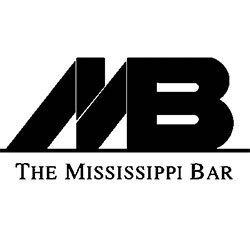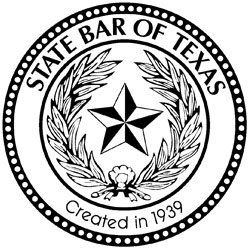Arrested?
Arrest
May occur with or without a warrant. Types of bonds include the following:
- Cash (once you pay the bondsman, no refund)
- Property (must be real property without liens)
- Circuit Court Bond (must be approved by the Judge)
Initial Appearance
Defendant must be brought before a judge within 72 hours; an attorney is usually appointed at that time if a defendant cannot afford counsel. At the initial appearance bond is set by the judge. The initial appearance usually takes place before a County Court, Municipal Court or Justice Court Judge. If the case is a misdemeanor the Judge may set the case for trial. In a federal case a specific bond hearing is held and the defendant must provide certain vital information to the US Probation Office.
Preliminary
The only issue at a preliminary hearing is whether or not there was probable cause to make the arrest. Most preliminary hearings are held prior to indictment in felony matters. Sometimes these hearings are waived as a bargaining chip to reduce bond; however, an experienced attorney uses this opportunity to gather discovery. The judge will make a determination as to probable cause for an arrest and send the case to the grand jury for consideration if probable cause exist. A preliminary hearing after an indictment is returned against a defendant is extremely rare and not granted unless approved by the court.
Indictment
An indictment may occur anywhere from 6 to 12 months in general after a defendant is arrested. This is a secret proceeding of law which cannot be attended by the defendant or defense attorney. The District Attorney presents the case to the Grand Jury at an available session. If the Grand Jury issues a no bill the case is over, no formal charge. If the Grand Jury issues a true bill formal charges are placed against the defendant in the form of an indictment.
Pre-Trial Diversion
This is normally only available to first time offenders. This type of plea is also known as non-adjudication of guilt where the defendant enters a guilty plea and is placed on a strict year of probation. If the defendant successfully completes probation the court can dismiss the charge without a felony conviction being placed on the defendant’s record.
Guilty Plea
If the defendant enters a guilty plea the defense attorney must notify the defendant of the maximum and minimum sentence and explain the petition to enter a plea of guilty. The plea hearing is under oath and the attorney is required to read the guilty plea petition to the defendant in its entirety.
Trial
If the defendant is found guilty the defense attorney should always request the jury to be polled. The defense attorney should then file a motion for new trial. The appeal time of 30 days in Mississippi begins after this motion is overruled. If no motion is filed then the 30 days begins on the day the order of conviction and sentencing is entered.
Appeal
In Mississippi appeals go to the Supreme Court and Court of Appeals if the case is assigned to the Court of Appeals and the conviction is affirmed the defendant must file a motion of rehearing. If the motion for rehearing is denied the only way to continue the appeal is to file for a writ of certiorari with the Mississippi Supreme Court. If the Supreme Court denies the petition the appeal is over. If all appeals are completely exhausted then the defendant must file for post-conviction relief with the Circuit Court or Supreme Court within 3 years of conviction. The defendant may even file for a writ of habeas corpus if the defendant is trying to overturn a guilty plea.








